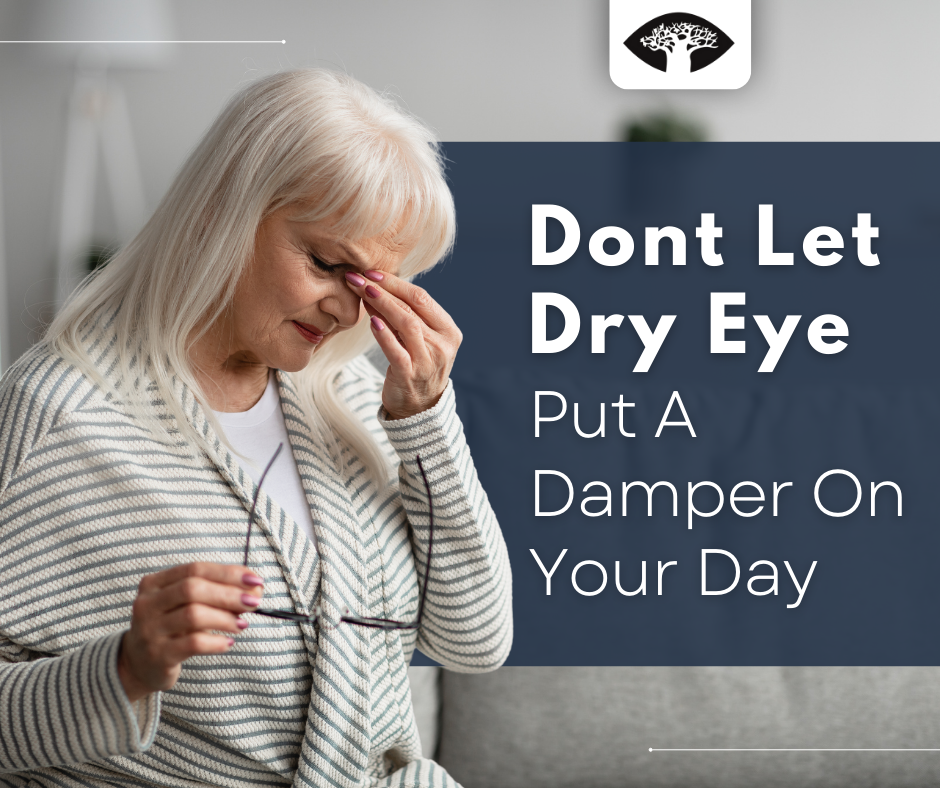Don’t Let Dry Eye Put a Damper on Your Day

A Brief Overview Of DED Do you suffer from dry eyes? You’re not alone. Dry eye disease is a common condition that affects millions of people worldwide. It occurs when the eye does not produce enough tears or the tears evaporate to quickly. The tears are important for keeping the eyes lubricated and comfortable, and […]

